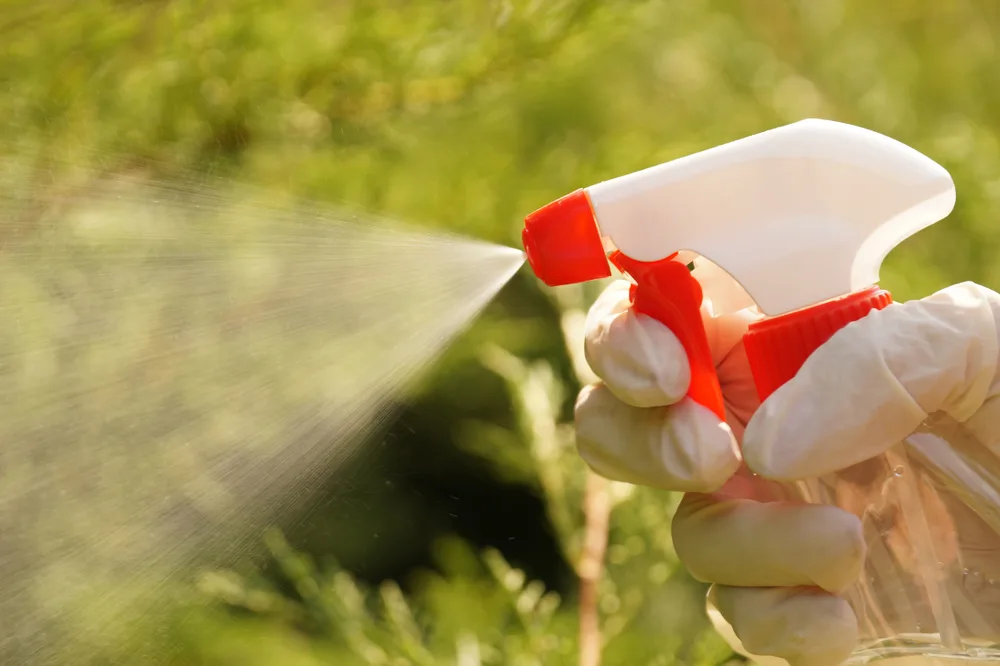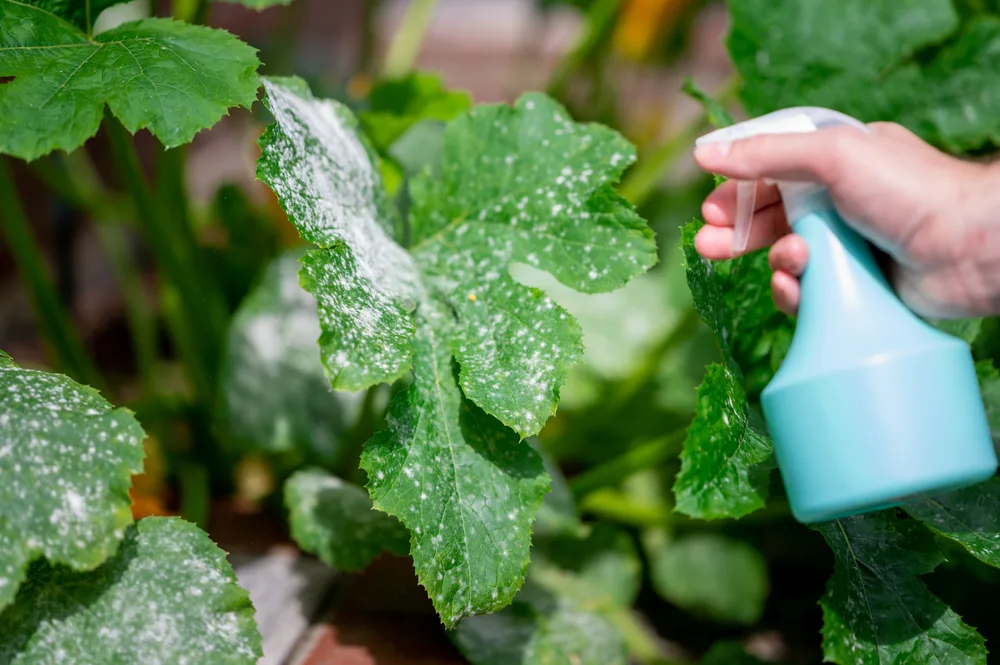Many people use neem oil in their gardens to create DIY sprays that repel pests, including gnats.
Some gardening blogs also recommend using baking soda, particularly when combined with vinegar and/or dish soap, to kill or repel gnats.

According to the Research Journal of Pharmaceutical, Biological, and Chemical Sciences, baking soda has pesticidal properties that can repel insects.
However, gnats are difficult to control, and natural remedies may not be effective long-term. For severe infestations, consider seeking help from a professional exterminator.
If you are dealing with a few gnats or want to improve your garden’s health, baking soda can be very useful.
Although you might worry about the sodium in baking soda, it will be diluted enough not to harm the soil when sprayed directly on plants.
By using neem oil, water, and baking soda, you can manage small gnat problems and combat mold like powdery mildew.
How to Use Baking Soda in Your DIY Gnat Spray
Neem oil is a popular choice among gardeners because it contains azadirachtin, a natural pesticide that repels and affects the development of insects, including gnats.
Mixing neem oil with baking soda creates a powerful spray that can repel insects and fight powdery mildew.
To make this spray, dissolve 1 tablespoon of baking soda in a gallon of water. Add 1 to 2 ½ tablespoons of neem oil and a few drops of dish soap.
Transfer this mixture to a spray bottle and apply it to plants affected by gnats or fungus. If you use a different horticultural oil, baking soda should still work effectively. This spray helps various plants struggling with insects or mildew.
Why Baking Soda Is Effective Against Powdery Mildew

University extensions suggest that sodium bicarbonate can control powdery mildew when combined with a horticultural oil.
The oil helps the baking soda adhere to the plant and combat the fungus. While baking soda acts as a fungicide, neem oil helps eliminate gnats.
Research has shown this formula is effective against fungus on roses but may vary with other plants and conditions. This method is still experimental and may produce different results.
A 1997 study found that various bicarbonates, including sodium bicarbonate, can inhibit the growth of Botrytis cinerea (gray mold).
Baking soda is a valuable addition to any garden spray for fighting insects and mold simultaneously.
